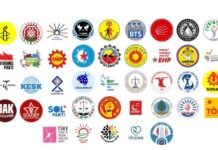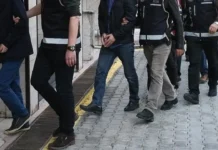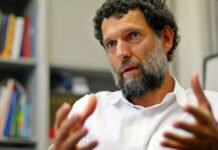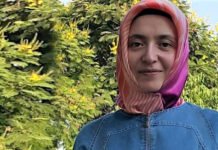
Turkey’s approval of Sweden’s NATO accession has led to fears among the Nordic country’s sizeable Kurdish community, who say the agreement might have come at their expense and that they feel systematically targeted by the Swedish state, The Guardian reported on Wednesday.
“I have never been through such a difficult period in Sweden as now,” said Kurdo Baksi, 58, a Swedish Kurdish commentator and author who moved to Sweden from Turkey as a child.
An estimated 50,000 to 100,000 Kurds, including people from Turkey, Syria, Iraq and Iran, live in Sweden. In the almost two years since Sweden’s NATO application was submitted, Baksi believes, the sizeable group has been hit hard by the Swedish government’s attempts to appease Turkish President Recep Tayyip Erdoğan’s demands. “The Kurds have suffered here [in Sweden]. I have suffered. Many need help,” he said.
Erdoğan has previously accused historically neutral Sweden of giving sanctuary to members of the Kurdistan Workers’ Party (PKK), despite the Scandinavian country becoming the first nation after Turkey to label it a terrorist group, a designation later adopted by the EU, the UK and the US.
In an effort to win over Erdoğan, say some, Swedish authorities are increasing surveillance of Kurdish people living in Sweden, subjecting asylum seekers to investigations by Säpo, the security police, and closing down the bank accounts of Kurdish charities. There are also reports of dozens of innocent people’s residence permits being canceled, according to The Guardian.
In recent years, the Turkish government stepped up its efforts to harass its critics living in Europe. Sweden’s NATO accession bid was seen by Ankara as a way of ensuring the extradition of prominent dissidents based in the Scandinavian country.
Erdoğan’s lists included Kurdish exiles as well as government-critical journalists sought by Ankara over their alleged links to the Gülen movement.
The harassment was not limited to abusive extradition requests as the pro-Erdoğan media also published secretly taken photos of several Sweden-based critics. Some of these reports revealed the journalists’ home addresses.














